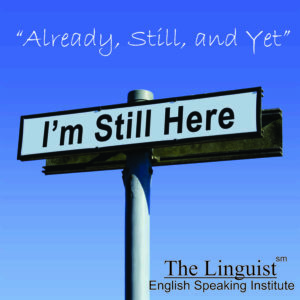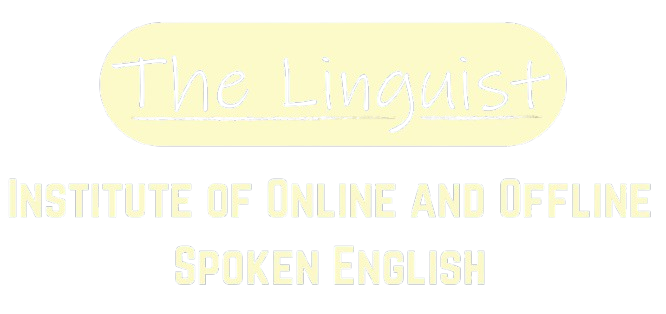
Learn how to use: already, still, and yet.
We use still to show that something continues up to a time in the past present or future.
It goes in front of the verb:
The children still enjoyed playing games.
They are still living next door.
We will still be on holiday.
… or after the helping verbs:
Her grandfather is still alive.
They were still unhappy.
We use already to show that something has happened sooner than it was expected to happen. Like still, it comes before the main verb:
The car is OK. I’ve already fixed it.
It was early but they were already sleeping.
… or after the present simple or past simple of the verb be:
It was early but we were already tired.
We are already late.
We use yet in a negative or interrogative clause, usually with perfective aspect (especially in British English), to show that something has not happened by a particular time. yet comes at the end of the sentence:
It was late, but they hadn’t arrived yet.
Have you fixed the car yet?
She won’t have sent the email yet.
